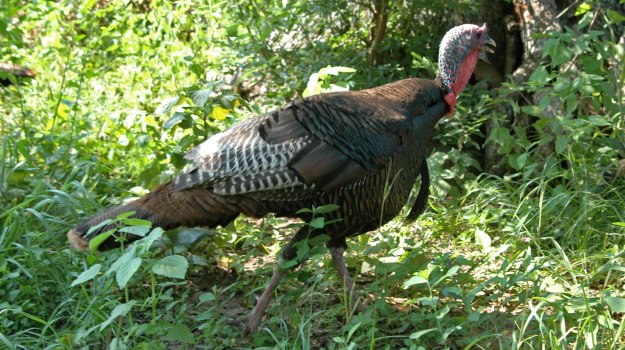 The Indiana DNR Division of Fish & Wildlife reports that lab tests failed to detect chronic wasting disease in any of the 1,031 tissue samples collected in 2012 from hunter-harvested whitetail deer.
The Indiana DNR Division of Fish & Wildlife reports that lab tests failed to detect chronic wasting disease in any of the 1,031 tissue samples collected in 2012 from hunter-harvested whitetail deer.
DFW biologists collected the samples at check stations across the state during last fall's deer hunting season. The samples were submitted to the Animal Disease Diagnostic Lab at Purdue University for analysis.
Since the Indiana DNR began active CWD monitoring in 2002, more than 15,800 samples have been collected with no sample testing positive.
CWD is a contagious neurological disease affecting deer, elk and moose. It causes a characteristic spongy degeneration of the brains of infected animals, resulting in emaciation, abnormal behavior, loss of bodily functions and death.
CWD belongs to a group of diseases called transmissible spongiform encephalopathies, or TSEs, and is a variant of TSEs that affect domestic animals, such as scrapie in sheep and bovine spongiform encephalopathy (BSE) in cattle, also known as "mad cow disease."
Creutzfeldt-Jakob disease is a TSE variant that affects humans.
The agents of CWD are called prions, which are abnormal, protease-resistant forms of cellular proteins normally synthesized in the central nervous system and lymphoid tissues.
Illinois, Wisconsin and most recently Pennsylvania are among several states that have confirmed cases of CWD in captive and free-roaming deer.
For more information about CWD, visit the Chronic Wasting Disease Alliance website at www.cwd-info.org.



























